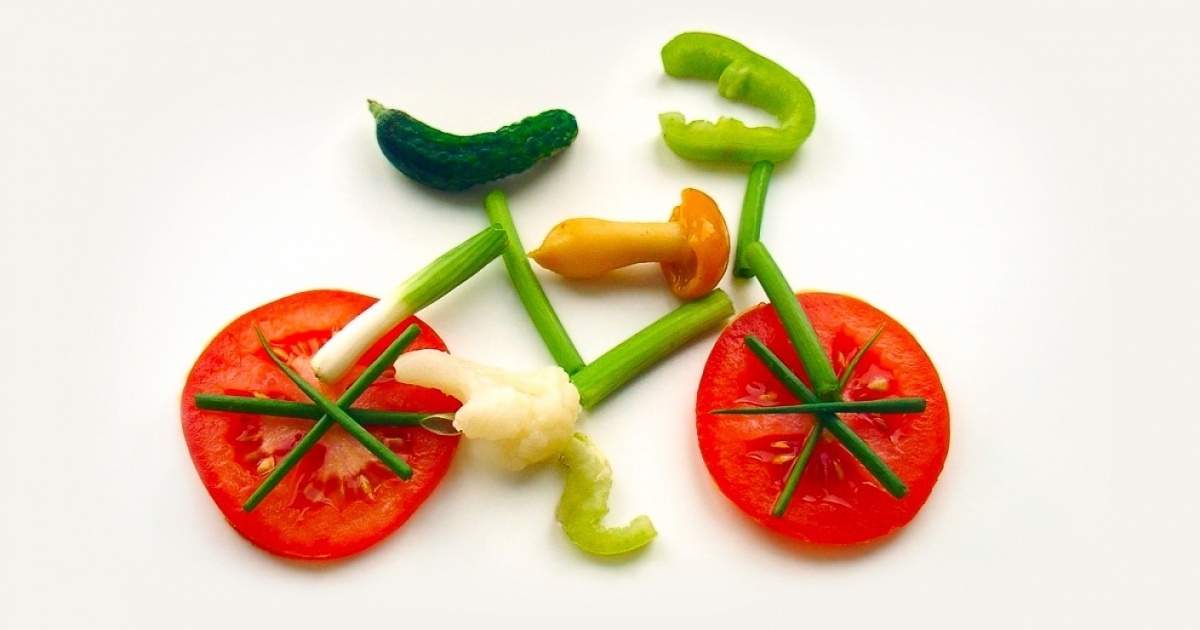If you’re exercising regularly and eating a healthy diet but still struggling to lose weight, the culprit might be cortisol, a hormone we all produce.
Cortisol plays a crucial role in our body—it helps us react to danger. However, when cortisol levels remain excessively high due to chronic stress, it can lead to Cushing syndrome, a condition linked to various health problems.
High cortisol levels can destroy muscle, disrupt metabolism, and increase abdominal fat, among other harmful effects. This is why cortisol is often referred to as the “stress hormone.”

Symptoms of High Cortisol
High cortisol levels can manifest through several symptoms, including:
- Mood swings, such as anger, anxiety, or depression.
- Persistent fatigue, even without significant activity.
- Headaches and sleep disturbances.
- Unexplained weight gain or loss of appetite.
- Digestive issues, such as constipation, diarrhea, or frequent urination.
- Memory problems or difficulty concentrating.
- Weakened immune defenses, leading to frequent illnesses.
- Physical signs, including facial swelling, wrinkles, or increased facial hair.
- If you experience any of these symptoms consistently, it may be time to take steps to lower your cortisol levels.

How to Reduce Cortisol Levels Naturally
Managing cortisol effectively requires a combination of dietary changes, exercise, sleep, and stress management.
Foods to Avoid
To lower cortisol levels, avoid the following:
Excessive potassium intake.
Caffeine and energy drinks.
Alcohol and foods high in refined sugar.
Artificial sweeteners, particularly aspartame.
Foods That Help Reduce Cortisol
Incorporate these nutrient-dense foods into your diet to naturally lower cortisol levels:
Other cortisol-lowering foods: Beans, whole grains, and sunflower seeds.
Phosphatidylserine-rich foods: Mackerel, herring, eel, and high-quality proteins.
Phenylalanine-rich foods: Chicken, eggs, brown rice, broccoli, squash, watercress, and artichokes.
Tryptophan-rich foods: Soybeans, meat, eggs, milk, dairy products, and oilseeds.
Vitamin B5-rich foods: Almonds, dates, salmon, wheat germ, and oats.
Eating Habits
Avoid overeating or under-eating, as both can impact cortisol production.
Eat 5 small, balanced meals daily to prevent cortisol spikes caused by skipped meals.

Lifestyle Changes to Lower Cortisol
1. Exercise Moderately
- Engage in physical activity three times a week, but limit workouts to 50 minutes per session.
- Avoid overtraining; rest at least 2-3 days a week to prevent cortisol from rising.
2. Sleep Well
- Aim for 8-10 hours of quality sleep nightly to allow your body to recover and lower cortisol levels naturally.
3. Practice Relaxation Techniques
- Incorporate yoga, meditation, or deep-breathing exercises into your daily routine to manage stress.
4. Stay Hydrated
- Drink plenty of water daily. Start your day with a glass of water on an empty stomach and drink another before bed.
5. Avoid Stimulants
- Eliminate caffeine, energy drinks, and alcohol to maintain balanced cortisol levels.
6. Take Anti-Stress Supplements
Consider natural supplements like vitamin C, Rhodiola, vitamin B5, zinc, magnesium, and St. John’s Wort to reduce cortisol levels.
Final Thoughts
High cortisol levels can significantly affect your physical and emotional well-being, but managing them is entirely possible with the right strategies. By following a balanced diet, exercising in moderation, getting enough sleep, and practicing relaxation techniques, you can reduce cortisol naturally and improve your overall health.
Start small—make these changes today to enjoy a healthier, more balanced lifestyle.









